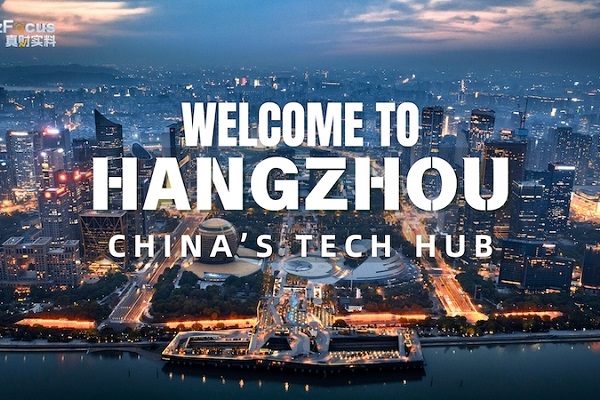Hangzhou Internet Court accepts NFT collection as virtual assets in lawsuit

A spectator views a NFT art work at a NFT art exhibition held in Beijing on May 9, 2021. Photo: cnsphoto
The Hangzhou Internet Court in East China's Zhejiang Province recently ruled on an NFT collection related lawsuit, which accepted NFT collections to be virtual assets and made judgement according to relevant law, the court announced via its official WeChat account recently.
The court said that NFT collections exhibit multiple characteristics including being valuable, rare, discretionary and tradable, as well as features belonging to virtual assets. In addition, the trade of NFT collections should be protected by law if the trade contract doesn't violate current laws.
According to the court, an NFT collection platform in February 2022 put on sale an NFT collection product with a detailed purchasing notice listing price, purchasing times and limit number of products available. The notice also stated that consumers must input verified personal phone number and ID number, or the order will be canceled and refunded.
A user of the platform surnamed Wang, sued the platform citing right infringement because an NFT collection priced 999 yuan ($143.15) was refunded after Wang placed the order, and requested the platform to execute the trade contract or compensate him 99,999 yuan. The platform said they canceled the order because Wang filled in an incorrect personal phone number.
The Hangzhou Internet Court dismissed Wang's claim because the trade contract of the NFT collection product was compliant, and the personal information provided by Wang when purchasing the product didn't meet the platform's requirements.
The court said that the NFT collection is a kind of virtual art work, generated by an artist's unique expression with intellectual property value attached, and should be identified as virtual assets.
In addition, the court ruled that the trade process relevant to the case should be regulated by China's e-commerce law.
-
Xixi Wetland invites visitors to Huazhao Festival
March 25, 2025
-
Hangzhou sets standard for concert hosting
March 19, 2025
-
What is making Hangzhou the new tech powerhouse of China?
March 10, 2025
-
Inside Hangzhou: China's high-tech dream factory
March 12, 2025



